The 2023 presidential election could potentially be the fairest in Nigeria since 1993, at least based on the opinions of observers that have spoken to Nairametrics.
Before now, most Nigerians had adjudged June 12, 1993, as the freest and fairest presidential election ever held in the country since independence. Incidentally, that election result was annulled.
But observers who have spoken to Nairametrics prognosticate that with all of the measures and technology that have been put in place, 2023 may prove to be the fairest in 30 years.
What observers are saying: Pa Moses Omokaro, a sexagenarian, told Nairtametrics that he has been observing elections in Nigeria since the 1980s. He said June 12 was the freest and fairest, although that election was annulled. He said since then, elections in Nigeria have been a selection exercise.
- “President Goodluck Jonathan tried to up the ante, but President Buhari seems to be determined to leave a legacy for Nigeria,” he said.
Eustace Wilson, a septuagenarian living in Port Harcourt agrees. He said after June 12 he had never taken any presidential election as seriously as he is taking this one. He noted that from the body language of the president, he is serious about delivering credible elections to Nigerians. He observed that Buhari may want to do better than Jonathan in terms of election credibility.
- “By the mere fact that the president is insistent on the unpopular exercise of the naira redesign to curb vote-buying tells me that he means business and he should be taken seriously,” Wilson stated.
But Nosakhare Iyase, who is 55, spoke more cautiously about the forthcoming elections. He said although the president has done his best to ensure the elections are credible, if it is marred by violence then we cannot say it is fair. Iyase noted that there is violence everywhere in the country, especially as it relates to the elections. He noted that to declare an election exercise fair it has to be free of violence; the opposition parties and supporters must be free to move about and to speak freely about their party and candidate.
- “That atmosphere is currently lacking in many parts of the country,” he stated.
Muyinwa Oye, however, was more positive in his opinion of the forthcoming elections. He said Buhari, besides making all the investments in technology to ensure the elections are free and fair, has also unleashed the Nigerian Army to strategic locations across the country to reduce the activities of troublemakers. He added that it is difficult to eliminate violence in a developing democracy like Nigeria’s.
- “Nigeria’s democracy is maturing, and we must all appreciate that,” he noted.
For the record: Recall that President Buhari has over the past several years invested in the Bimodal Voter Accreditation System (BVAS), signed the new Electoral Bill, which essentially curbed previously common electoral malpractices, into law, and recently, has been explicit that the naira redesign was in part, aimed at politicians who had been in the malpractice of vote-buying, even at the chagrin of many suffering Nigerians.


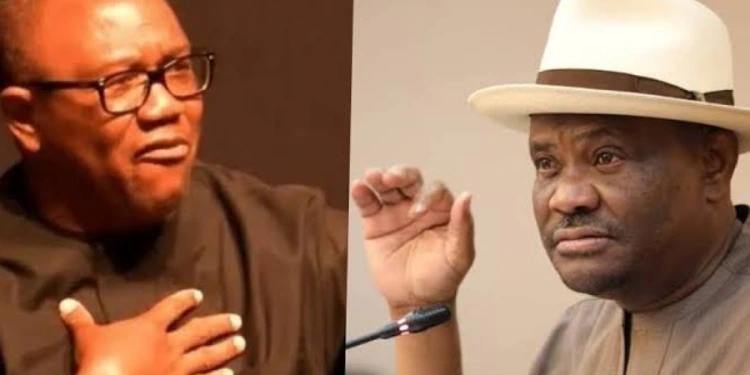
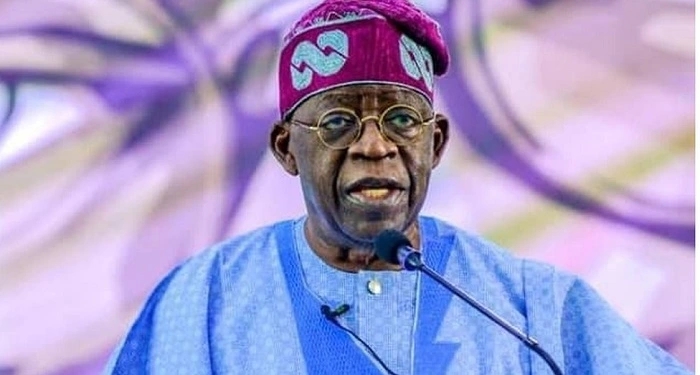





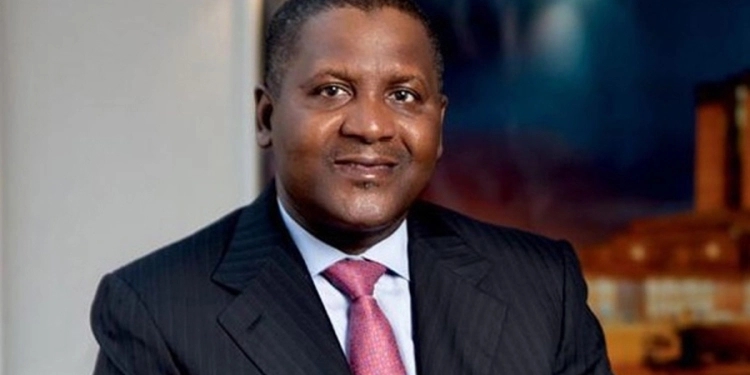

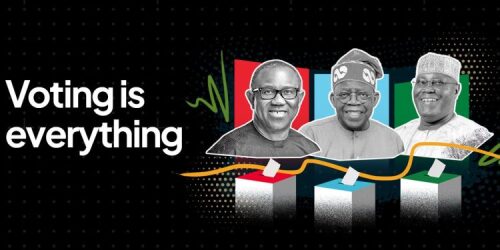
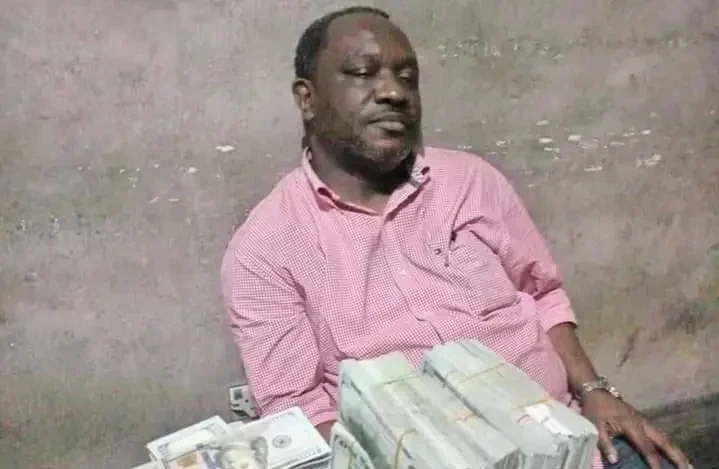










Labour party’s logo is missing in the ballot papers for Lagos and Ondo States.Is this one of the attributes of free and fair election?
The June 12 1993 elections were mostly violence-free, but it most certainly was NOT a “free and fair” election.
The military government set up the two political parties (the SDP and the NRC) after banning private political parties, with their manifestos written by senior civil servants, and adopted the so-called Option A4 method of choosing their presidential candidates after annulling the primaries organized by the parties and banning certain candidates (Shehu Y’Adua, etc.) from contesting.
Democracy is more than just elections, and elections are a PROCESS and not an event. Accordingly, the June 12 1993 elections were neither free nor fair.
Meant to write:
“Accordingly, the June 12 1993 elections were neither democratic nor free and fair”